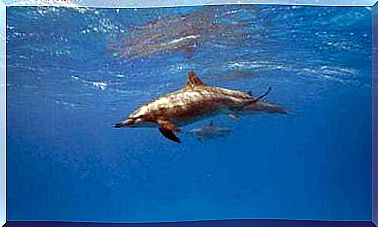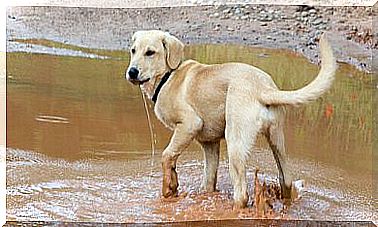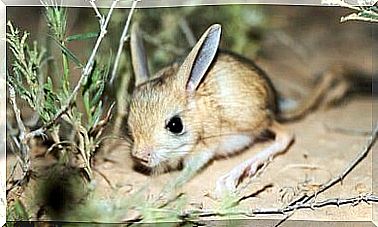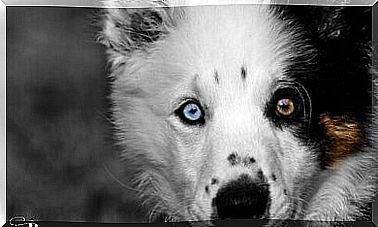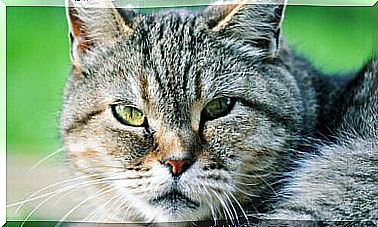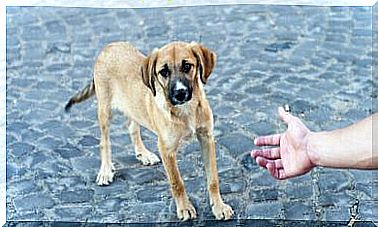Exotic Animals Are Not Pets
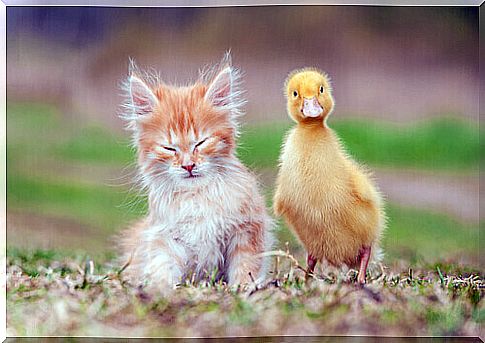
As you all know, dogs and cats are the most common and best known pets. Together with them, in modern families we can also find fish, birds, reptiles and small rodents. There are, however, also people who prefer to surround themselves with more exotic animals. Perhaps out of fashion, curiosity or the thrill of having a very special breed alongside. Well, this suggests an interesting question: which animals can be considered domestic and which cannot?
Can all animals be considered pets?

By ‘domestic’ we mean those animals (for companionship or breeding) that have long been accustomed to life in an environment shared with the human being. On the contrary, wild animals, in order to survive in captivity, need to reproduce the conditions of their natural habitat .
Despite this significant difference, man continues to think he has the right to rule over nature. This is why he continues to act in an often naive way when we talk about animals. Fortunately, Italian legislation establishes the illegality of various species of exotic animals, prohibiting their sale and possession.
There is a regular register that allows only the possession of a certain type of specimens, more adaptable to life in urbanized locations. Rules necessary to protect animals in danger of extinction and discourage the smuggling of living beings. If the animal you want to adopt is extravagant or belongs to another continent, it is important to always check that it is not included in these lists and to verify that its origin is the result of a legal process.
The danger of human presumption
The innate desire of man to control everything and stand out, in the eyes of others, can create serious problems. As shown by certain attitudes of famous people or VIPs who are photographed with exotic animals, simply to make people talk about themselves.
A good example of this is that of the Catalan artist Salvador Dali. The brilliant surrealist master also distinguished himself for the originality with which he chose his pets. Unfortunately, many of his fans came to imitate him, with consequences you can imagine.
Towards the end of the 1960s, the painter decided to host an anteater in the house. There is a famous image that portrays Dali with the poor animal on a leash, as he comes out of a metro stop in Barcelona. Several Parisian intellectuals imitated the eccentric artist and filled the historic center of the French capital with such specimens. It must be said that Dali, previously, had lived with a rare specimen of ocelot (or American ocelot), renamed Babu.
Even today, unfortunately, there are so many celebrities who appear on the front page embracing tigers, kangaroos, lions, skunks or even monkeys. Emulation is the worst risk. If, for example, a certain animal appears in a blockbuster movie, rest assured that thousands of people will want to have it at home with them. And for no real reason, purely on a whim.
Exotic animals are also abandoned
As you well know, even fashions pass. And, as a result, that exotic animal that many had decided to turn into a mascot, stops being interesting. The irresponsibility and superficiality of some owners is paid dearly by these animals.
Even though they are different, rare, special, they inevitably become victims of abandonment. With far more serious consequences than, so to speak, native animals. As they are far from their natural habitat in captivity, they have not developed survival skills. Most of them face certain death.
On the other hand, the most adaptable species can become a problem for the local fauna. Equipped with greater hunting qualities or penetration into the territory, they can exterminate other animals.
An example is given to us by the turtles of Florida, the raccoons or the piglets of Vietnam. The latter reproduce extremely quickly, coming to cross with native breeds of wild boars.
Not all animals can be pets
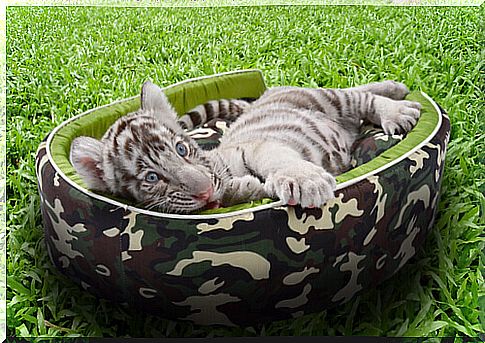
To complete our discussion, here are a number of practical reasons that explain why not all animals are suitable for domestic life :
- Taking an animal out of its habitat to grow it in a completely different environment is mere cruelty.
- It contributes to the proliferation of smuggling and finances poachers.
- Exotic animals can transmit rare or dangerous diseases (rabies, salmonella, psittacosis).
- In adulthood they can pose a danger and even attack family members.
- They must follow a specific diet, often based on foods from other areas and regions of the world, which are difficult to find. Changing an animal’s diet can seriously affect its health.
- Domestic life deprives them of their native survival skills.
- The distance from the natural environment and from one’s fellowmen produces stress and severe forms of depression.
It is worth ending with a foregone reflection when necessary. With so many cats and dogs filling kennels and in danger of being eliminated, what need is there to go and snatch an animal from your home? Be careful not to confuse love with selfishness.
